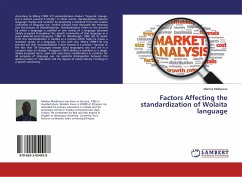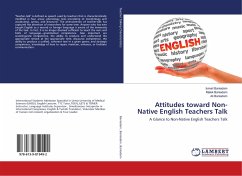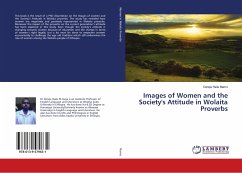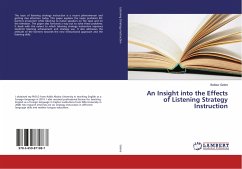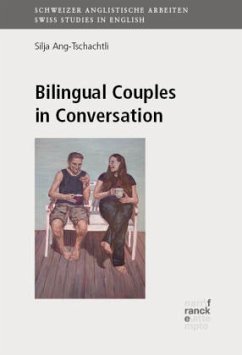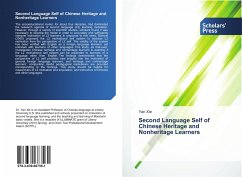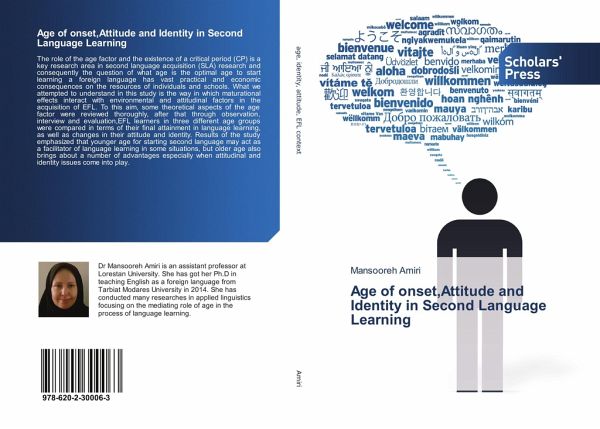
Age of onset,Attitude and Identity in Second Language Learning
Versandkostenfrei!
Versandfertig in 6-10 Tagen
53,99 €
inkl. MwSt.

PAYBACK Punkte
27 °P sammeln!
The role of the age factor and the existence of a critical period (CP) is a key research area in second language acquisition (SLA) research and consequently the question of what age is the optimal age to start learning a foreign language has vast practical and economic consequences on the resources of individuals and schools. What we attempted to understand in this study is the way in which maturational effects interact with environmental and attitudinal factors in the acquisition of EFL. To this aim, some theoretical aspects of the age factor were reviewed thoroughly, after that through obser...
The role of the age factor and the existence of a critical period (CP) is a key research area in second language acquisition (SLA) research and consequently the question of what age is the optimal age to start learning a foreign language has vast practical and economic consequences on the resources of individuals and schools. What we attempted to understand in this study is the way in which maturational effects interact with environmental and attitudinal factors in the acquisition of EFL. To this aim, some theoretical aspects of the age factor were reviewed thoroughly, after that through observation, interview and evaluation,EFL learners in three different age groups were compared in terms of their final attainment in language learning, as well as changes in their attitude and identity. Results of the study emphasized that younger age for starting second language may act as a facilitator of language learning in some situations, but older age also brings about a number of advantages especially when attitudinal and identity issues come into play.



